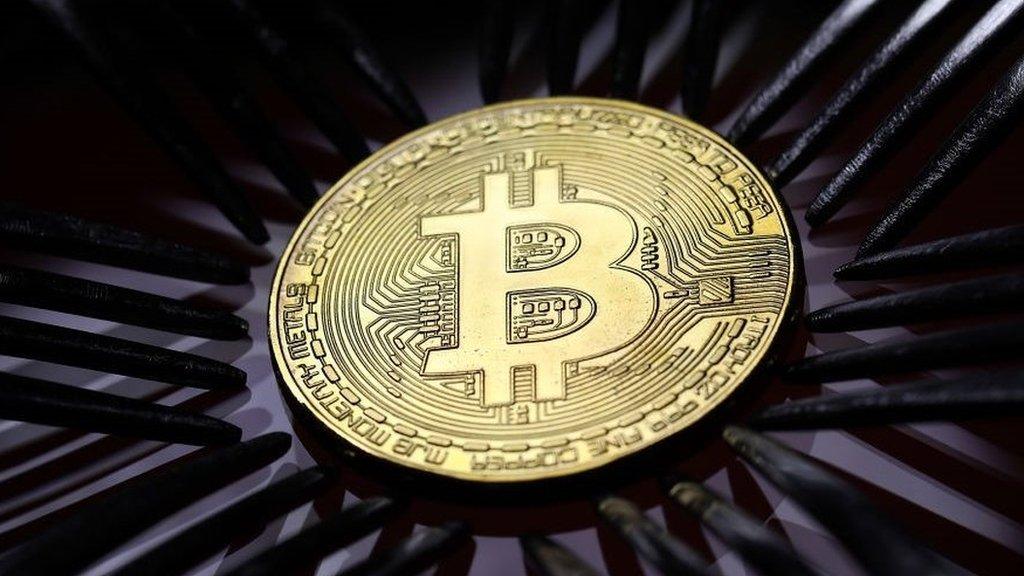Crypto-cash boom prompts graphics card rationing
- Published
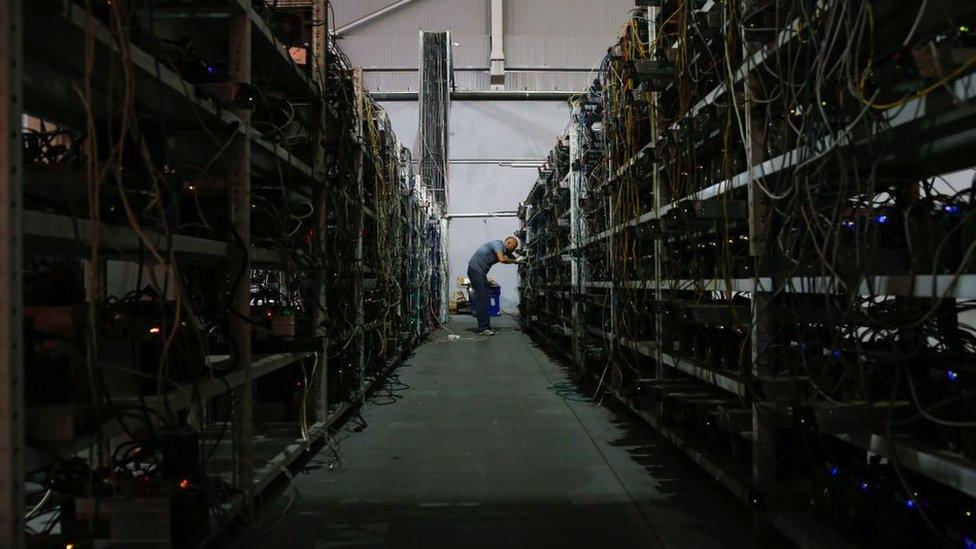
Producing or mining crypto-coins uses lots of computers to do complicated maths
Booming interest in crypto-currencies has been blamed for pushing up the prices of graphics cards.
The cards are popular because they speed up the process of minting or "mining" crypto-coins.
Keen miners are buying graphics cards in large quantities and running them in parallel to boost their coin-producing efforts.
Their actions have led some makers and sellers of graphics cards to limit how many people can buy at any time.
Writing on PC Gamer, Jarred Walton said, external: "Right now is the worst time in the history of graphics cards to buy or upgrade this all-important gaming component."
Gamers only
Many websites that cover the PC, external and computer component industry, external are reporting that top-end video cards are selling for far more than the price seen on a manufacturer's site.
For instance, Nvidia's GTX 1080 Ti is priced at £679 on the firm's store but the same card costs more than £900 on almost every well-known electronic retailer's site - though on one, the price is closer to £2,000. It is being offered for similar prices by smaller stores and auction sites.
Surging demand has also meant that many stores have sold out of the best-performing cards.
In response to the high demand, Nvidia has asked firms that sell its hardware to try to vet buyers so cards end up in the hands of gamers rather than crypto-coin enthusiasts, German tech news Codebase.de has reported.
"For Nvidia, gamers come first," said a statement given to the news site.
As well as issuing these instructions Nvidia has put a limit on the number of video cards people can buy from its store.
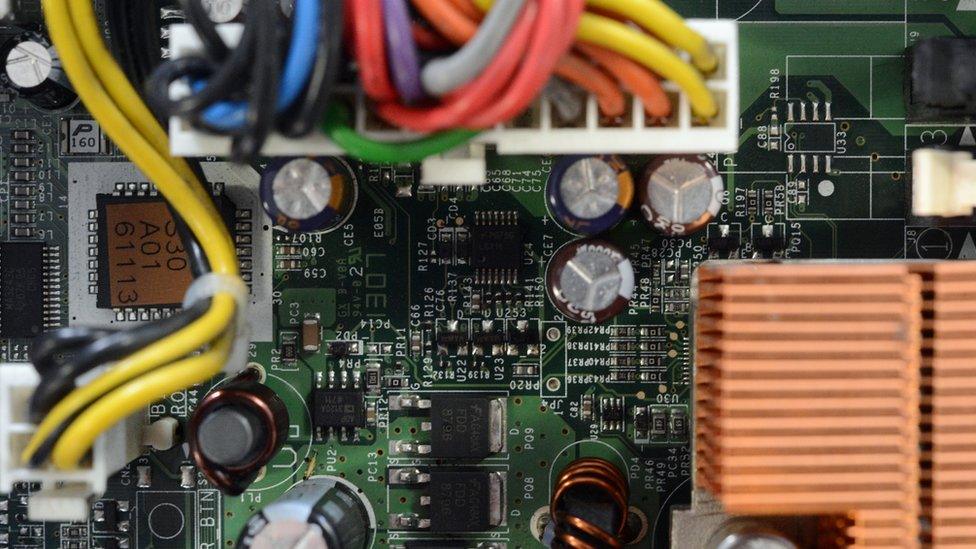
The higher prices are making it tricky for people who like to build or upgrade their PC
Retailers Scan, Overclockers and Ebuyer have followed suit and, for many Nvidia and AMD cards, will only let people buy one at a time.
Jack Kitchener, product manager for graphics cards at Ebuyer said the mining boom was driving "huge demand" for cards.
"Unfortunately for gamers wishing to purchase cards to build or upgrade their gaming PC's this has had a big effect on the market for both availability and price," he said.
He said the firm would continue to constrain sales of in-demand cards "to try and combat the 'miners' buying in bulk and try keep the stock for our true customer base - gamers."
"The crypto-currency boom has had a dramatic effect on the cost and supply of some PC gaming graphics cards," said Ben Hardwidge, editor of magazine Custom PC, which gives advice on building computers from scratch and upgrading hardware.
"The retailers I've spoken to about this issue describe it as unprecedented," Mr Hardwidge told the BBC. "It's usually not individuals buying up the cards, but organised firms buying bulk loads of cards to set up a graphics processing farm."
He said the effect had been seen across many different cards, and rising prices across the board meant relatively low-powered components now commanded premium prices.
Really powerful cards tended to use a lot of power, he said, which might mean less room for the profits miners hope to make as they mint and trade coins.
"It's often the mid-range graphics cards that offer the best bang-per-buck for currency mining," he said. "That's where we've really seen the effects of the crypto-currency boom hit the hardest."
- Published19 December 2017
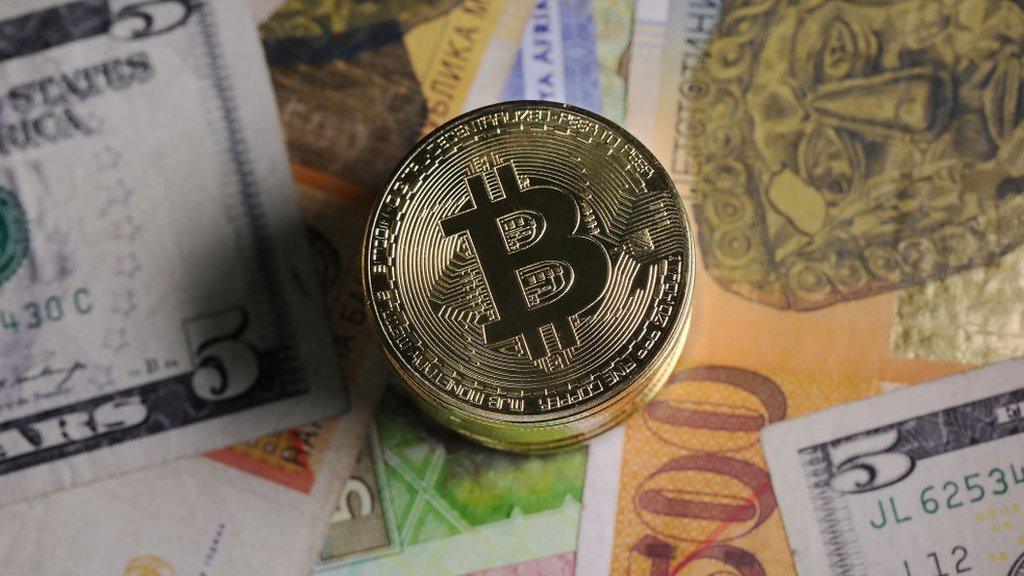
- Published13 November 2017

- Published1 December 2017
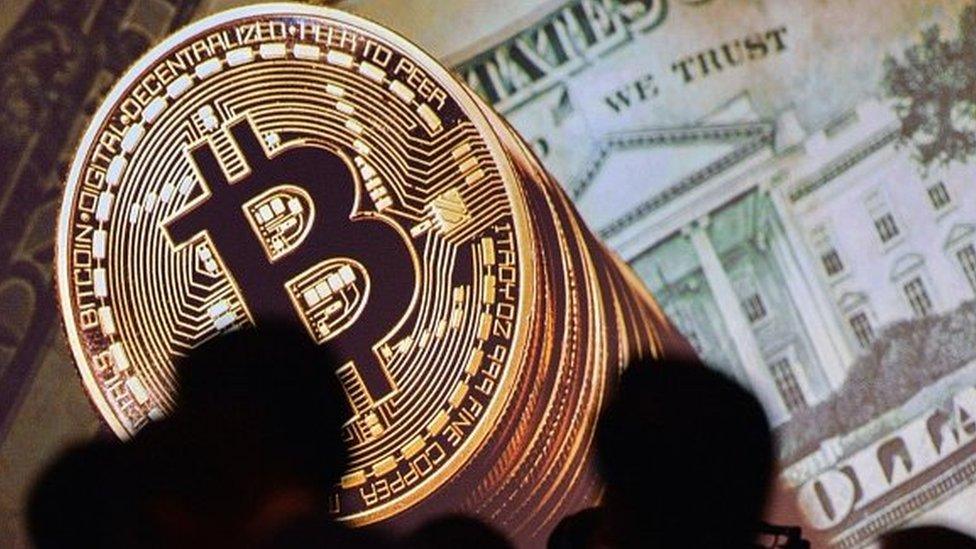
- Published17 January 2018
